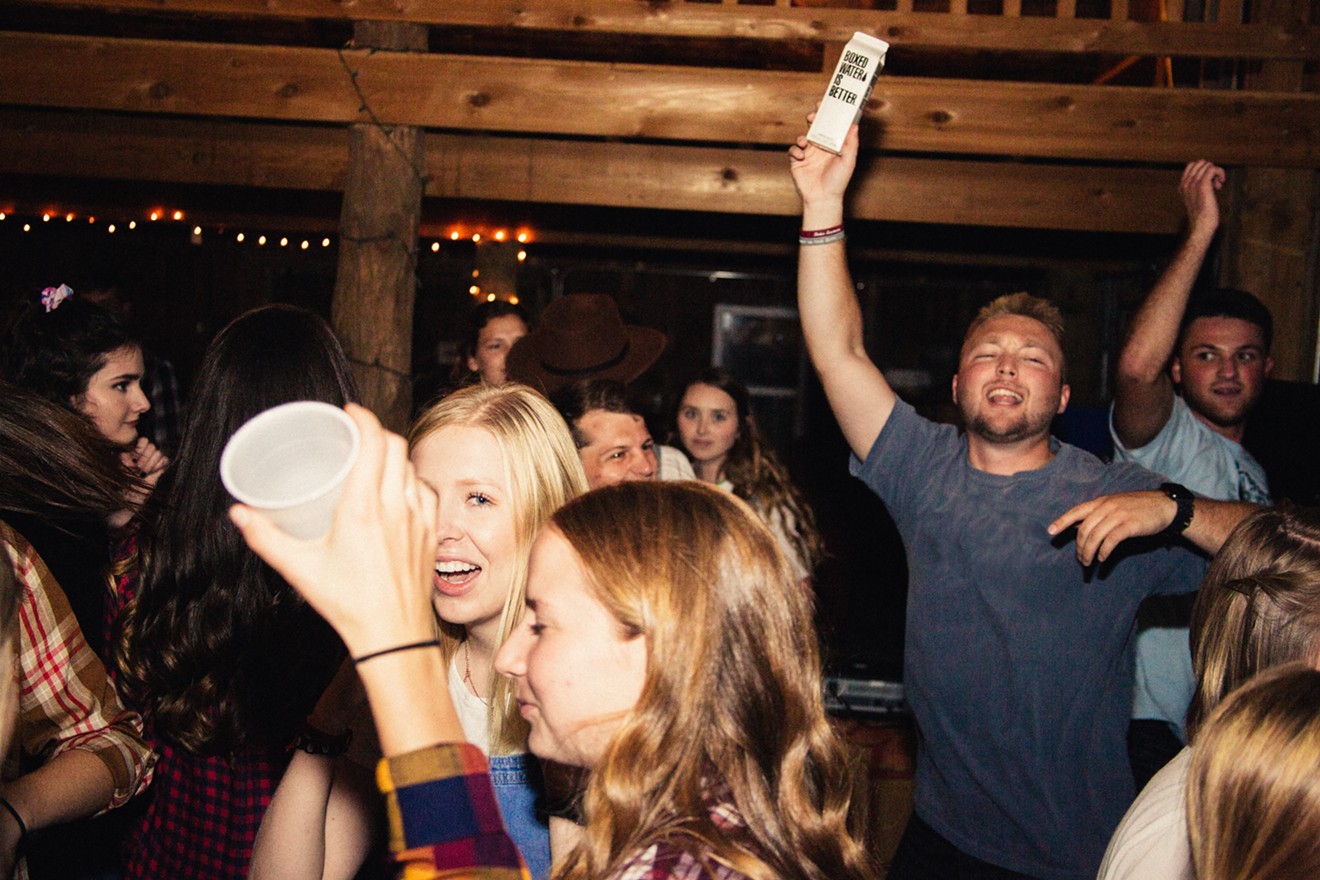In a statement posted to its website Thursday, the company wrote that it’s taking measures to stymie large gatherings and unauthorized house parties over New Year’s Eve, including in Dallas locations. The move mandates that guests with a history of poor reviews must book a minimum of two nights in entire home listings.
“This plan marks the latest of a number of recent changes to our platform to meet this specific public health moment, prioritize safe and responsible travel, and do our part to try and stop large gatherings that can spread this virus,” the company said.
This comes as North Texas’ coronavirus case and hospitalization rates are surging once more, prompting another bar shutdown and restaurant capacity rollback on Thursday.
The following day, Dallas County counted 906 new COVID-19 cases and eight deaths, according to Dallas County Health and Human Services. The department’s director, Dr. Philip Huang, said that although he hasn’t heard of mass gatherings at Dallas Airbnb locations, taking such crackdown measures could theoretically help to slow transmissions.
“Certainly, if it’s groups of people who would be promoting unmasked gatherings of a large number of people and partying, then that sounds like it would be something constructive to reduce the spread,” Huang said.
This isn’t the first time the San Francisco-based company has implemented stricter guest guidelines. In August, it rolled out a global party ban at its listings, as well as a 16-person occupancy limit.
Also, it banned all one-night reservations in full home listings during Halloween weekend, an initiative that “went successfully.” After receiving host feedback following that initiative, the brand altered its strategy to allow positive-rated guests to be able to book for New Year’s Eve."We believe this plan will help prevent large gatherings while supporting the type of safe, responsible travel that benefits guests, hosts and the neighborhoods they call home." – Airbnb
tweet this
Airbnb suspended or removed more than 10 Dallas listings in September that violated its policies, according to The Dallas Morning News. It also removed more than 80 listings across the state for flouting its party and events policy.
New Year’s revelers “must attest” that they will refrain from throwing unauthorized parties and that they understand they could face legal repercussions if they do. Earlier this year, Airbnb for the first time sued a Sacramento guest whose event ended with gunfire that injured three people, according to NPR.
To prevent similar melees from occurring, the company ramped up its risk-detection technology to restrict certain bookings, like those made at the last minute by poorly reviewed guests. Now, guests can’t book homes on “extremely short notice” in their home city; data indicates that these reservations have “resulted in a disproportionate number of unauthorized parties.”
In October, Airbnb reported its high-risk detection systems had identified and canceled nearly 9,000 sketchy reservations within the U.S. and Canada.
Like many other businesses, the pandemic hasn’t been good for the home-sharing platform. It’s witnessed a $13 billion drop in valuation from 2017, and this year’s sales are likely to be half of what they were last year, according to NPR.
Still, the company thought the changes were necessary.
"Airbnb rolled out these initiatives because we feel it is in the best interest of public health and we want to do everything we can to help our community be safe and demonstrate respect for public health efforts in their communities," spokesperson Ben Breit said in an email.
Although the majority of guests are respectful, Airbnb policy is that it has an obligation to protect hosts and renters alike, according to its website. The company hopes its New Year’s plan “will help prevent large gatherings while supporting the type of safe, responsible travel that benefits guests, hosts and the neighborhoods they call home.”
Dallas partiers may not get to wreck their Airbnb host’s home in the wee hours of 2021, but hey, there’s always Zoom.












